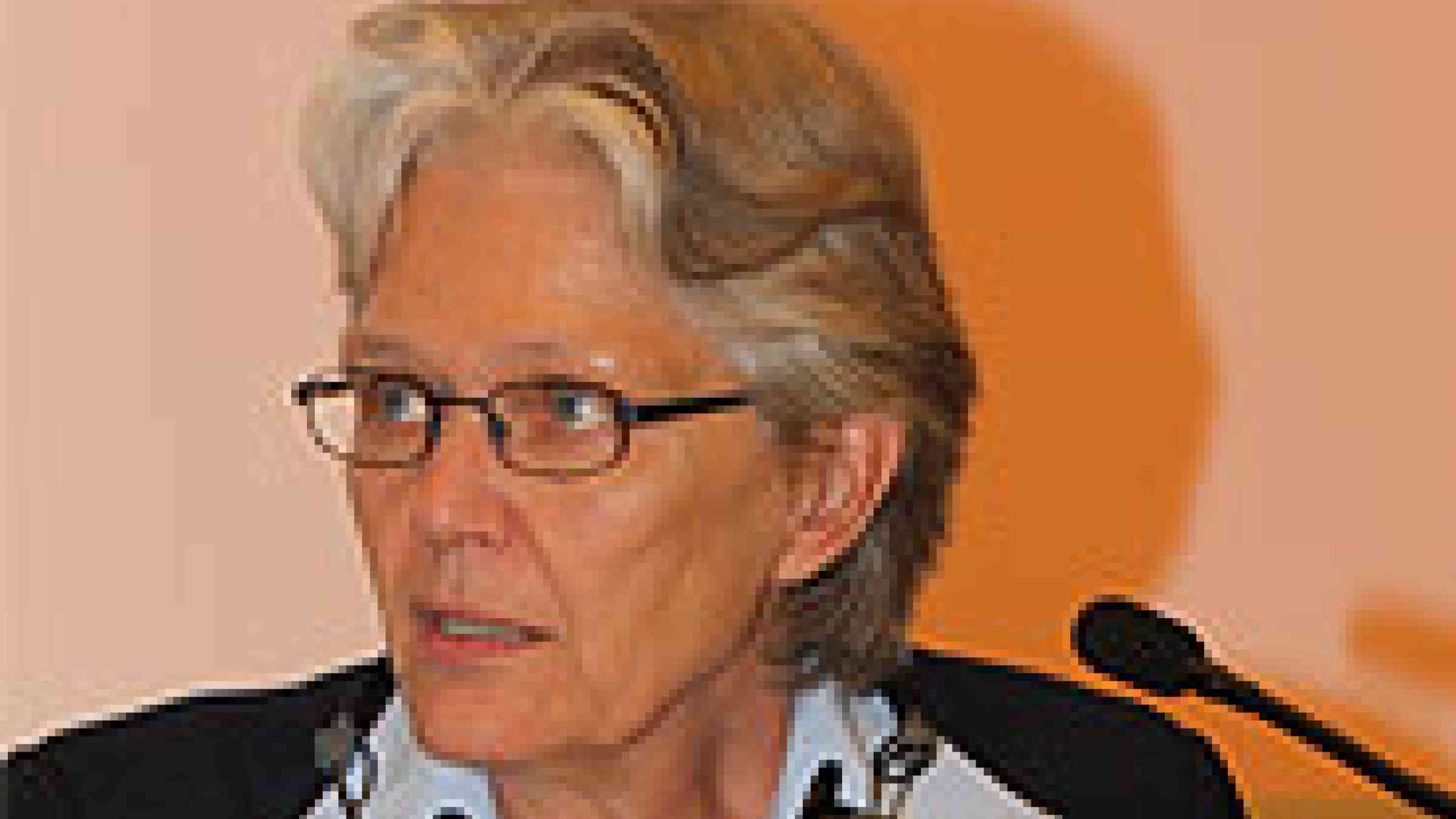UN’s disaster risk reduction chief responds to Britain's aid cuts

In the wake of a UK announcement that the government is ending some of its funding to some humanitarian organizations, the head of the United Nations International Strategy for Disaster Reduction (UNISDR), one of the offices concerned, said that the UK Department for International Development's (DFID) cut sends the wrong message to other countries at a time when disaster costs are mounting, reports Thin Lei Win for Reuters AlertNet.
Margareta Wahlstrom, the United Nations Special Representative of the Secretary-General for Disaster Risk Reduction said Britain's development agency in some instances used the wrong criteria to assess the performance of the UNISDR.
"I cannot see on what basis you put UNISDR in the same category as the large relief organisations in the world" she told AlertNet in an interview late Thursday. "You just have to evaluate and assess very different things."
"Lack of investment in reducing the risks of disasters will chip away at goals to reduce poverty and undermine improvements in social and economic standards," Wahlstrom said. "For the time being I remain optimistic that DFID will not miss this perspective and they will continue to be a strong supporter (of disaster risk reduction programmes)," she added.
According to Reuters Alertnet, the UK spends about 2.5 billion pounds ($4 billion) a year through international organisations, and about 4 billion pounds ($6.4 billion) a year on bilateral aid. In 2009-2010 it funded 7 percent of UNISDR's total budget.